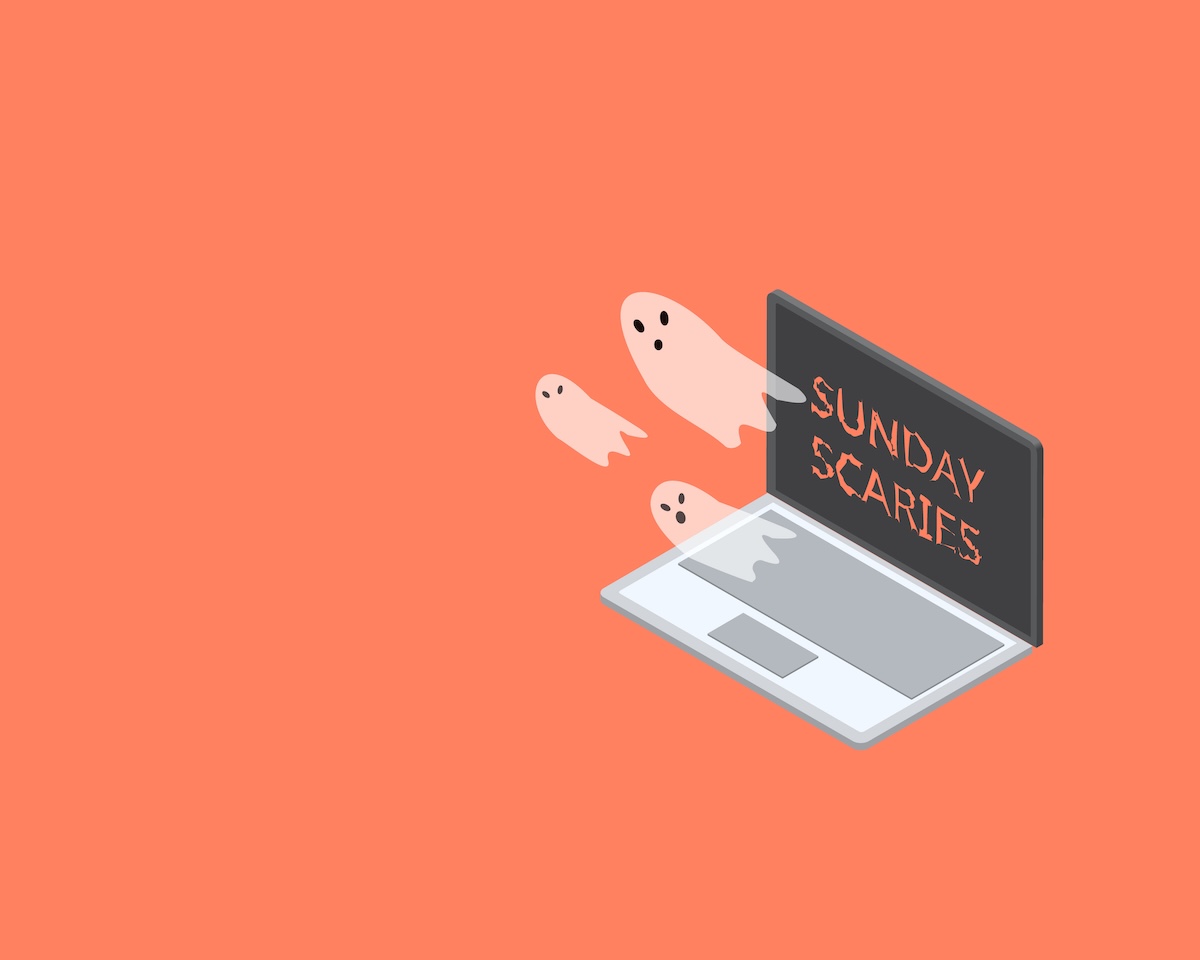Clarity about our values is a powerful tool.
Our values are the basic beliefs that define our purpose in life. They are the lens through which we see the world and judge people, events, and situations. Values also determine how we spend our time, money, and resources. For example, some people value family time over work and prioritize family dinners and weekend trips above working overtime. Others may value success in their career above all else and, as a result, spend less time with their family.
Centering our values in our decision-making can help us make better choices in stressful situations. The knowledge that we are living in alignment with our values can also make us feel better in difficult circumstances. But unless we consciously surface our values and learn how to use them as guiding forces in our lives, they will not be available to help us regulate our emotions and actions.
Knowing our values gives us direction and perspective.
Research shows that people with a strong and well-defined purpose in life are more likely to bounce back from negative experiences and find it easier to regulate negative emotions. They also tend to have better health and psychological well-being than people who are unsure about their purpose.
When we come up against a challenge or a situation that creates uncertainty, our primitive brains kick in and shut down our rational thinking. This may trigger defensiveness, frustration, and fear.

Centering our values can help us feel more regulated and guide our decision-making when our ability to think clearly is compromised. As we become more aware of our values, we can more easily move from our primitive brain back into our thinking brain. This is why Kintla refers to our top values as our True North. No matter what happens around us, we can return to our True North for guidance and peace of mind.
Our True North guides us in three key ways.

1. Our values help us reframe difficult situations.
Feeling rooted in our values gives us a sense of purpose even when we are stressed out or uncomfortable. Consider a scientist who works with dangerous chemicals and is required to complete additional safety training and paperwork. This part of her job is frustrating because it is repetitive and reduces the amount of time she can spend being productive in her lab. However, she feels good about working at a company that cares about the safety and well-being of its employees. She values her own safety and the safety of those around her, which makes the training and paperwork feel like minor inconveniences.
2. Values help us take action under pressure.
When we are frustrated, anxious or uncertain, it is harder to think clearly and make effective decisions. We run the risk of impulsively doing or saying things we later regret. Imagine that this scientist’s lab technician spills an expensive chemical. The scientist may be tempted to lash out in anger. However, in addition to valuing safety, the scientist wants to work in an environment where mistakes are seen as opportunities for learning and growth. Even when the scientist feels emotionally reactive, she can return to this value for guidance in her actions, and instead of reprimanding the lab technician, she helps find ways to prevent the same mistake in the future. Our values are beacons that guide us when we are stressed or unsure. They remind us that we’re playing a long game.
3. Clarifying our own values helps us respect others.
Our values exist relative to the values of other people. It’s important to keep other people’s values in mind, especially when we come into conflict with them. A disagreement with someone is very often caused by a conflict of values. For example, a scientist may prioritize work-life balance while her colleague prefers to work long hours so that their lab can achieve more. They must find a way to compromise — for example, the first scientist might agree to stay late one night a week while the second accepts that she may sometimes have to go the extra mile alone.
Clashes of values are especially likely between people who lead different lifestyles and come from different cultures and experiences. Appreciating that values are integral to each person’s unique identity can help us to empathize with those we disagree with. We understand that dismissing someone’s values can feel like an attack on their core being. Rather than insisting on “my way or the highway,” compromise is the most effective way to solve a values-based disagreement.
Knowing our values takes time and effort.
Values are formed primarily at an unconscious level and shaped by key people and experiences in our lives. Even those we disagree with are influential because they show us what we don’t want to be. Our experiences — especially our failures and setbacks — also reveal to us who we truly are.
Surfacing and defining your values requires a deliberate effort. It takes self-awareness and self-exploration. If you’re unsure of your values, ask yourself: What matters the most to me? What makes my life meaningful? Why did I choose my career path, and what do I want out of it?
Try creating a list of your values, then narrow it down slowly — first choose your top ten values, then five, then remove values until you’re left with just one. This is your True North. You may have other values that trail close behind your True North, but knowing and identifying a single top value helps us orient ourselves within a complicated web of priorities.
Aligning our core beliefs with our actions and frame of mind builds mental and emotional resilience. When we find ourselves in difficult situations, centering our values helps us stay regulated and make better decisions both in and out of the workplace. By staying focused on the bigger picture, we improve our productivity, ability to collaborate, and overall satisfaction with life.








